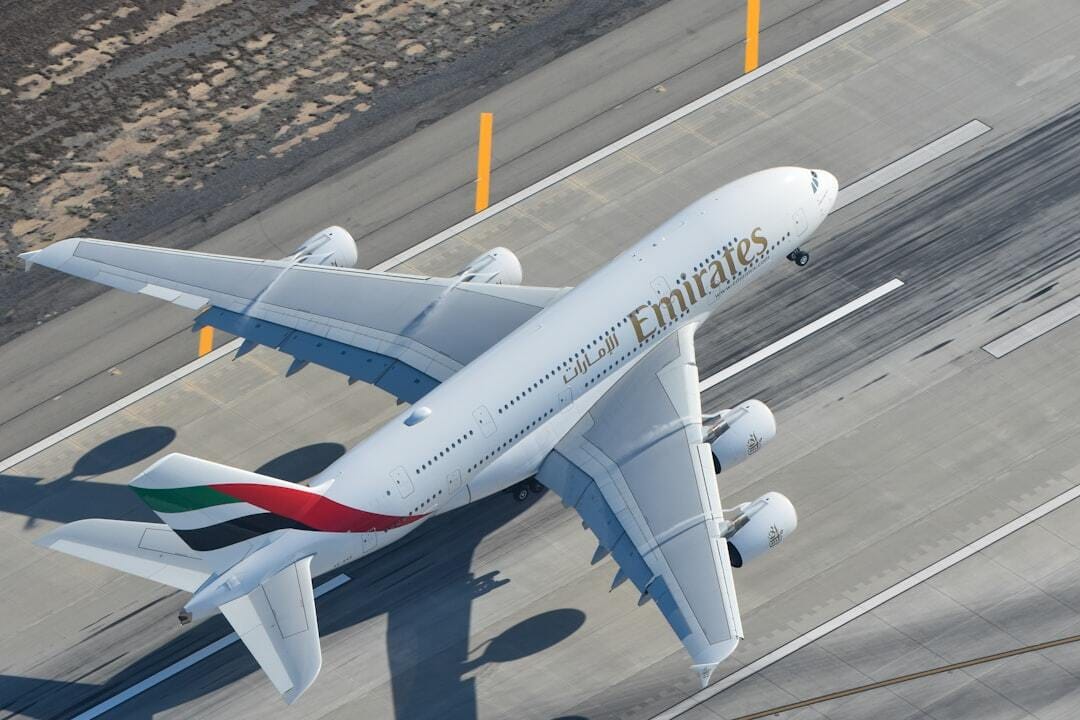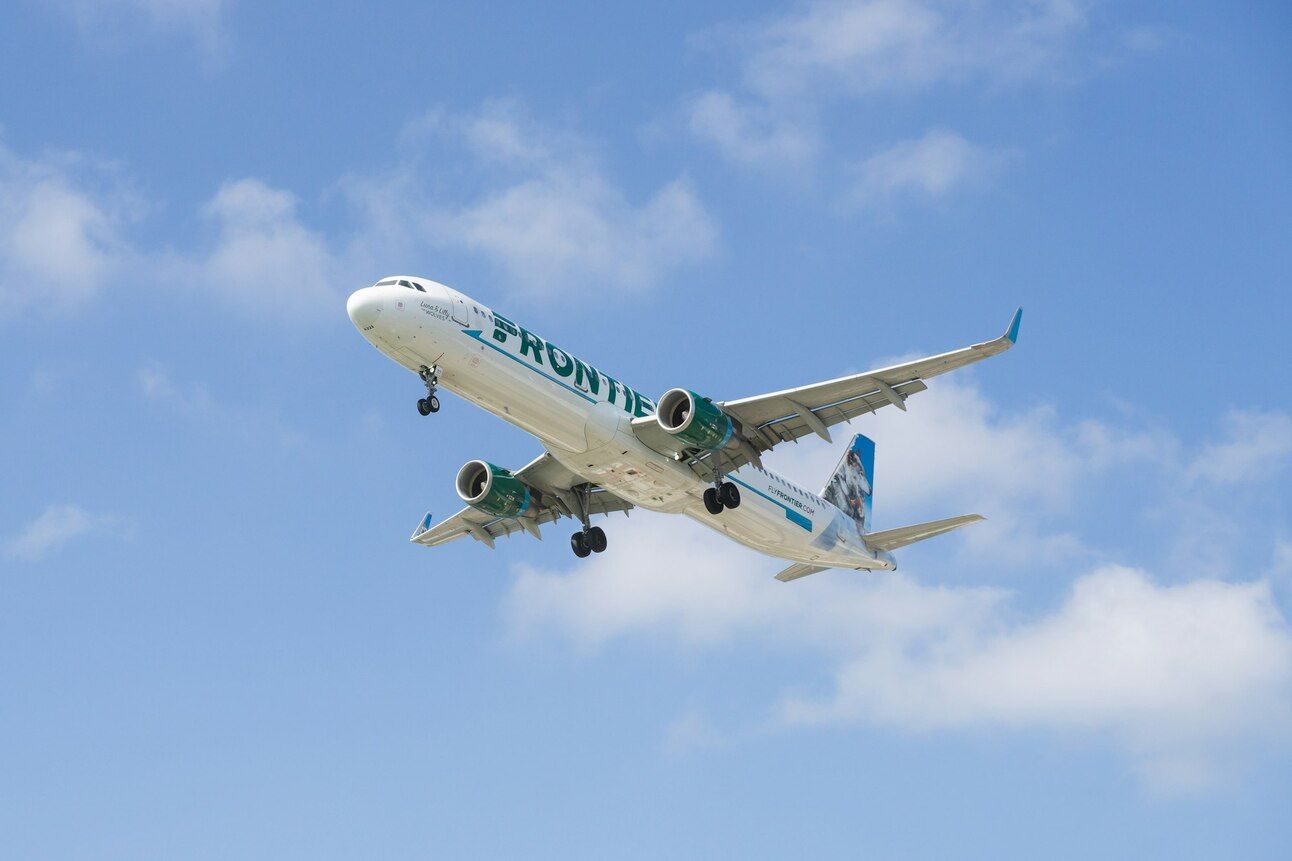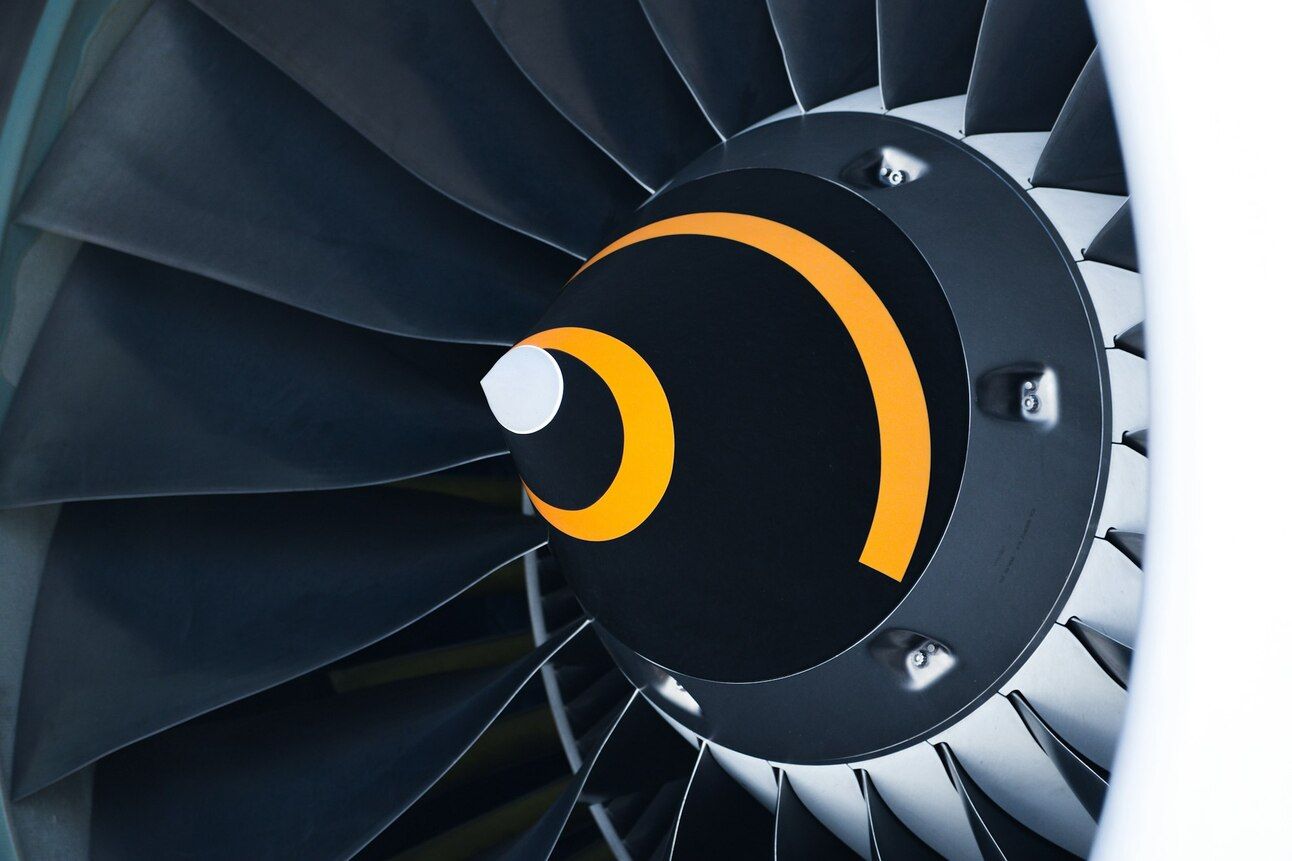Dear Readers,
Welcome to the AviationOutlook Newsletter.
Your One-Stop source for the most relevant Aviation news briefs and industry insights (MINUS noise).
✅ 1 Email Daily ✅ 5 Min Read ✅ 0 Time Wasted
🫵 YOU become industry-smart!
Here are the 10 Top Aviation Industry Updates for you today.Let’s get started.
Emirates Aircraft Retrofit Program Cost Expands to $5 Billion

Emirates' investment in retrofitting existing aircraft has increased to $5 billion, up from previous estimates, as announced by President Tim Clark at the ITB trade fair in Berlin.
The expanded program now covers 220 Boeing 777 and Airbus A380 aircraft, aimed at extending their operational lifespan amid significant delays in new aircraft deliveries, particularly the Boeing 777X.
Key Points
The retrofit program has grown substantially from its initial 2022 announcement, which projected a $2 billion cost to upgrade 120 aircraft.
By 2024, Emirates had expanded the program to include 191 aircraft, and now it covers 220 planes as delivery delays continue to affect fleet planning.
Work is being conducted at Emirates' Engineering Centre in Dubai, where aircraft undergo comprehensive upgrades, including new cabin interiors and system enhancements.
Emirates will certainly not receive delivery of Boeing's 777X in 2025 as the aircraft is still awaiting final certification, with deliveries now expected no earlier than 2027.
Emirates has also ordered 65 A350-900s (with 64 remaining to be delivered).
What It Means
This massive investment aims to maintain operational capacity and customer experience standards while navigating unprecedented manufacturing delays.
The airline's willingness to commit $5 billion to extending the life of existing aircraft signals serious concerns about the reliability of aircraft delivery timelines.
Amid ongoing supply chain constraints, more airlines facing similar challenges in fleet renewal are increasingly adopting this approach.
Other Key Aviation Industry Updates for Today 👇
2. European Airlines Embrace Strategic Minority Stakes Amid Regulatory Challenges
European airlines are shifting to smaller acquisitions after facing regulatory hurdles with full mergers.
Major carriers like Air France-KLM and Lufthansa are pursuing minority stakes to strengthen their positions while avoiding intense regulatory scrutiny.
Portugal's TAP is finalizing a stake sale under 50%, with multiple European airlines interested. Lufthansa recently acquired a 41% stake in ITA Airways, though negotiations with Brussels took over a year.
This trend allows airlines to invest less while "testing the waters" in the current regulatory environment.
3. House Hearing Exposes Critical Gaps in US Air Traffic Control System
A House hearing on March 4, 2025, revealed that US aviation safety is facing significant challenges.
Former FAA official Paul Rinaldi stated that the US is "not the gold standard in aviation anymore."
The hearing addressed outdated infrastructure, air traffic controller staffing shortages (currently 11,000 with 2,000-3,000 more needed), and recent layoffs of FAA employees.
Transportation Secretary Sean Duffy has proposed a 30% salary increase for controllers and improved hiring processes.
The hearing follows several safety incidents, including a fatal collision between an American Airlines flight and an Army helicopter.
4. January Aircraft Demand Propels US Manufacturing Growth
US factory orders increased by 1.7% in January 2025, reaching $589.9 billion after December's decline.
Durable goods orders rose 3.2%, primarily driven by a 93.9% surge in commercial aircraft orders. Boeing delivered 45 aircraft in January, outpacing Airbus's 25 deliveries for the first time since March 2023.
5. French Planemaker Dassault Posts 30% Sales Growth
Dassault Aviation reported a 30% increase in 2024 sales to €6.2 billion, with operating profit rising to €519 million from €349 million in 2023.
The French aircraft manufacturer's growth was driven by rising defense spending amid geopolitical tensions, with defense orders constituting 90% of its €10.87 billion order intake.
The company delivered 21 Rafale and 31 Falcon jets in 2024, and forecasts €6.5 billion in revenue for 2025 with planned deliveries of 25 Rafale and 40 Falcon aircraft.
6. Frontier Airlines Brings Budget Options to Seattle's Alternative Airport

Frontier Airlines announced on March 4, 2025, that it will begin service from Seattle Paine Field starting June 2, becoming the second carrier at the Everett airport alongside Alaska Airlines.
The ultra-low-cost airline will offer three weekly flights to Denver, Las Vegas, and Phoenix, with introductory fares as low as $29.
This expansion complements Frontier's existing service at Seattle-Tacoma International Airport and adds nine new weekly departures at Paine Field, providing more affordable travel options for residents north of Seattle while boosting the airport that has seen reduced service since the pandemic.
7. Honeywell Survey Shows 98% Would Consider Air Taxi Services
Honeywell's recent survey of 1,000 U.S. airline fliers reveals that 98% would consider using eVTOL air taxis.
Nearly 80% said they would travel more frequently if air taxis were available to airports.
Key motivators include reduced travel time, avoiding traffic (47%), convenience (61%), cost (61%), and environmental benefits (44%). Millennials (65%) and business travelers (60%) showed the most interest.
The top use case is intercity travel under 100 miles (41%), with safety being a critical consideration for 65% of respondents.
8. France Follows Netherlands as Second Customer for Pilatus PC-7 MKX Aircraft
France has awarded a €795 million, 17-year "Mentor 2" contract to Babcock International for 22 Pilatus PC-7 MKX basic trainers, with deliveries starting in 2027.
The aircraft will be stationed at Salon-de-Provence Air Base alongside 12 flight simulators developed by Exail.
This purchase makes France the second customer for the PC-7 MKX after the Netherlands, which ordered eight aircraft in February.
The new training system will replace existing aircraft and consolidate training at a single location, streamlining pilot preparation for both Air and Space Force and Navy pilots.
9. BETA's 2nd Production Electric Aircraft Heads to Norway for Zero-Emission Tests
BETA Technologies has completed production of its second ALIA CX300 electric aircraft (N214BT) for demonstration flights in Norway beginning in Q3 2025.
The aircraft will conduct cargo operations between Stavanger and Bergen airports, operated by Bristow Norway.
This marks the first formal agreement under Norway's international test arena for zero-emission aviation, established in April 2024.
The FAA-certified aircraft, manufactured in Burlington, Vermont, features a 50-foot wingspan, 135-knot cruise speed, and 336nm range.
10. Farm to Fly Act Returns with Strong Push for Sustainable Aviation Fuel (SAF)

A bipartisan group of lawmakers reintroduced the Farm to Fly Act in both chambers of Congress, with the House version introduced on February 27 and the Senate version on January 16, 2025.
The legislation aims to accelerate sustainable aviation fuel (SAF) production using agricultural resources by clarifying SAF eligibility within USDA bioenergy programs, enabling greater collaboration between the USDA and private sector, and establishing a common SAF definition.
The bill would create new markets for American farmers while enhancing domestic energy security, despite recent regulatory freezes under the Trump administration.